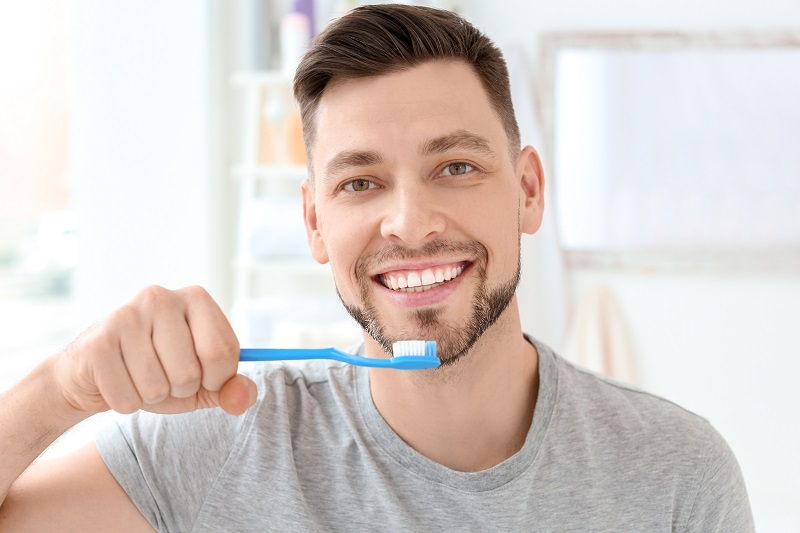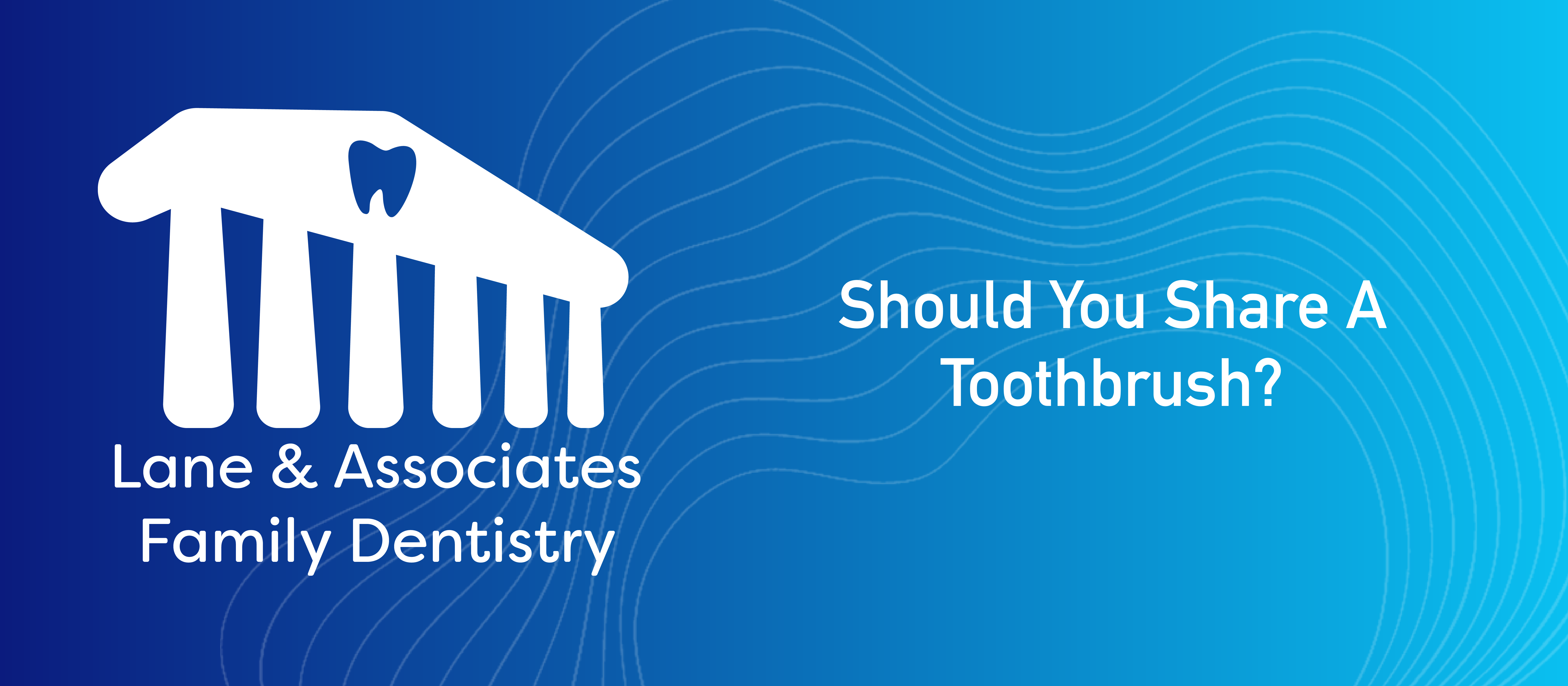Sharing personal items can sometimes be a topic of discussion and debate, and one item that often sparks controversy is the toothbrush. The act of sharing a toothbrush is a controversial topic, and this article aims to explore the risks and considerations associated with it. Maintaining good oral hygiene is essential for overall health, and using a toothbrush plays a crucial role in this. Therefore, it is important to understand the potential risks and make informed decisions about toothbrush sharing.
Are There Risks in Sharing a Toothbrush?
To understand the risks of sharing a toothbrush, it is essential to grasp the importance of maintaining oral hygiene and the purpose of using a toothbrush. Maintaining oral hygiene helps prevent dental issues such as tooth decay, gum disease, and bad breath. The toothbrush’s main purpose is to remove plaque and bacteria from the teeth and gums, promoting oral health.
When sharing a toothbrush, there is a potential transfer of bacteria and viruses between individuals. Each person’s oral microbiome is unique, containing a balance of bacteria that are specific to them. Sharing a toothbrush can disrupt this balance and introduce harmful microorganisms from one person’s mouth to another. This can increase the risk of developing oral infections or transmitting infectious diseases.
Various infectious diseases can be transferred through the sharing of a toothbrush. For instance, Streptococcus mutans is a bacterium commonly found in the mouth and is a leading cause of tooth decay. Sharing a toothbrush can facilitate the transmission of this bacterium, increasing the risk of cavities. Additionally, viral infections such as cold sores caused by the herpes simplex virus can also be transmitted through shared toothbrushes.
Is it Common For Couples to Share a Toothbrush?

Sharing a toothbrush within a couple can lead to the transfer of oral bacteria, including those associated with periodontal diseases. Moreover, if one partner has a dental infection or oral health issue, sharing a toothbrush can exacerbate the problem or spread it to the other partner. Therefore, while toothbrush sharing may occur between couples, it is advisable to prioritize personal hygiene and consider the potential risks involved.
Can you Disinfect a Toothbrush and Then Share it?
Disinfecting a toothbrush before sharing it might seem like a solution to mitigate the risks. However, it is important to understand that toothbrush disinfection has limitations and may not completely eliminate all microorganisms.
Various methods can be used to disinfect a toothbrush. Soaking the toothbrush in mouthwash or hydrogen peroxide is a common practice. Additionally, UV light or toothbrush sanitizers claim to kill microorganisms effectively.
While these methods may reduce the number of bacteria on the toothbrush, they might not completely eradicate all pathogens. Moreover, aggressive disinfection techniques can damage the toothbrush bristles, making it less effective in cleaning the teeth and gums. Therefore, disinfection is not a foolproof solution, and it is advisable to use separate toothbrushes to maintain good oral hygiene.
What Should You do if You Have Only One Toothbrush?
In situations where there is only one toothbrush available for two people, temporary solutions can be adopted to maintain oral hygiene. One option is to use mouthwash and dental floss if possible. If you only have toothpaste, you can try applying it to your teeth with a finger, but this is not a solution that is as effective as a toothbrush.
While these temporary solutions can help in a pinch, it is important to prioritize acquiring additional toothbrushes as soon as possible. Toothbrushes are relatively inexpensive and widely available, making it accessible for everyone to have their own. It is essential to encourage good oral hygiene practices and ensure that each individual has their own toothbrush to maintain optimal oral health.
In conclusion, sharing a toothbrush carries potential risks due to the transfer of bacteria and viruses. The unique oral microbiome of each individual can be disrupted when sharing a toothbrush, increasing the likelihood of developing oral infections or transmitting infectious diseases. While some couples may choose to share a toothbrush as a gesture of intimacy, it is important to weigh the potential health risks involved.


